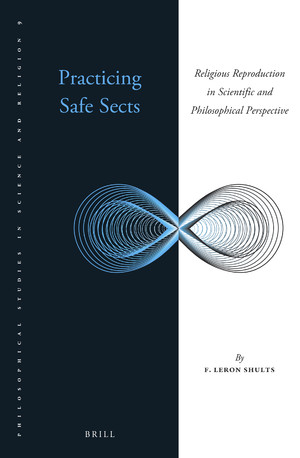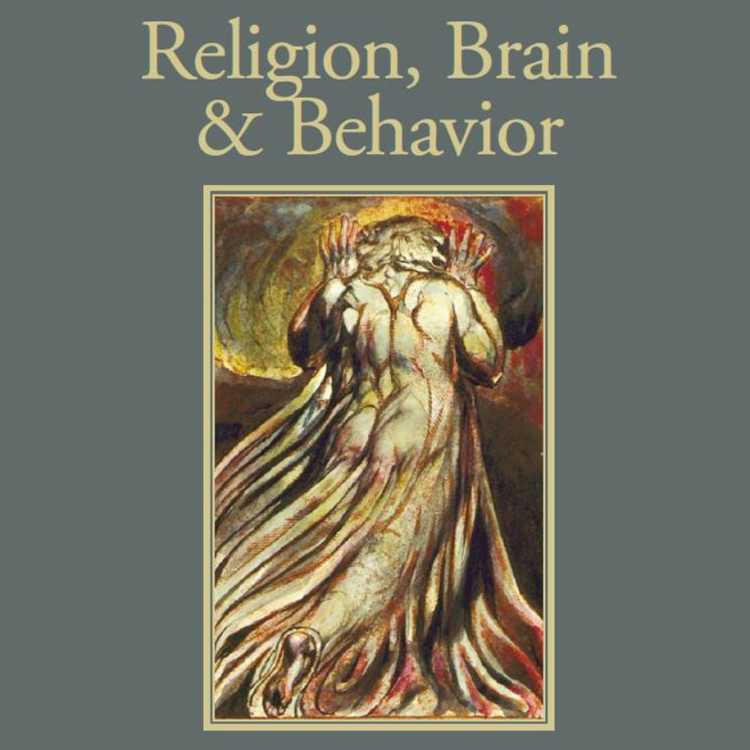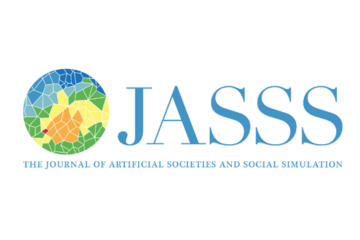
CMAC Research Associate F. LeRon Shults recently published Practicing Safe Sects: Religious Reproduction in Scientific and Philosophical Perspective.
The book is now open access and anyone can download it for free!
Shults’ book addresses how conceptions of supernatural agents arise in human minds, how they persist in human cultures, and what we can do to mitigate the presently maladaptive consequences of belief in these supernatural beings.
To whet your appetite, here’s the book’s abstract:
Where do gods come from – and what is the cost of bearing them? In Practicing Safe Sects F. LeRon Shults argues for the importance of having “the talk” about the causes and consequences of participating in religious sects. To survive and thrive as a social species, we humans are likely to continue needing some kind of sects (as well as sex) for quite some time. But can we learn how to practice safe sects? Can we live together in healthy and productive social networks without reproducing the superstitious beliefs and segregative behaviors that are engendered and nurtured by shared ritual engagement with imagined supernatural agents? In this provocative and timely book, Shults provides scientific and philosophical resources for answering these questions.
F. LeRon Shults, Ph.D., is professor at the University of Agder and director of the Center for Modeling Social Systems in Kristiansand, Norway. He has published 17 books and over 70 articles on the philosophy and science of religion.
David Rohr
David Rohr recently earned his Ph.D. in Religious Studies from Boston University by defending his dissertation, “C. S. Peirce’s ‘A Neglected Argument for the Reality of God’: A Critical and Constructive Interpretation.” A student of the American philosophical tradition and an expert on C. S. Peirce’s philosophy, most of David’s research is divided between Peirce scholarship and constructive philosophy aimed at applying Peirce’s ideas—especially his semeiotic or theory of signs, interpretation, and communication—to problems in contemporary philosophy of religion, philosophy of mind, and philosophy of biology.




